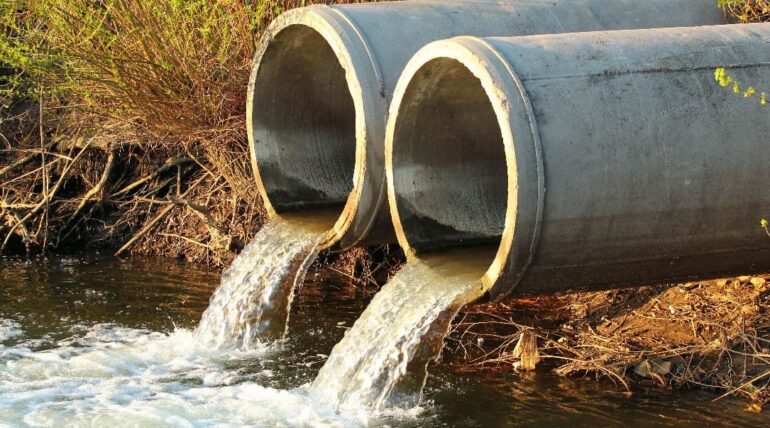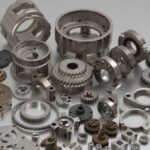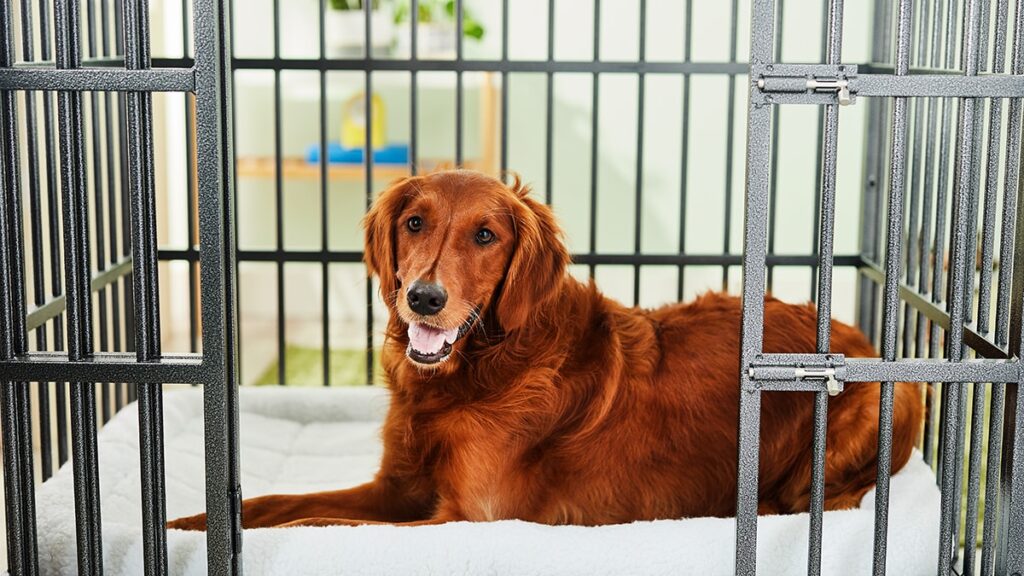Liquid waste is an inevitable byproduct of modern living, spanning homes, businesses, and industries. Proper handling of liquid waste is crucial—not just for maintaining hygiene but also for protecting Perth’s environment. Whether you’re a homeowner with a grease trap or a business dealing with industrial waste, understanding the nuances of liquid waste removal and disposal is essential.
This guide simplifies the complexities of liquid waste management, breaking down the types of liquid waste, local regulations, and your responsibilities in ensuring proper removal and disposal.
What is Liquid Waste?
Liquid waste refers to any waste material in liquid form that is no longer useful or poses a potential threat to human health or the environment. It can originate from households, restaurants, manufacturing facilities, and more.
Here are the main types of liquid waste:
- Greywater: Wastewater from sinks, showers, and laundry that doesn’t contain human waste.
- Sewage: Wastewater containing human waste from toilets and drainage systems.
- Grease Trap Waste: Oils, fats, and grease accumulated in commercial kitchens.
- Industrial Waste: Hazardous or non-hazardous liquid byproducts from industrial processes.
The Difference Between Liquid Waste Removal and Disposal
The terms “removal” and “disposal” are often used interchangeably, but they are distinct stages of liquid waste management.
- Liquid Waste Removal: This is the process of collecting and transporting liquid waste from its source to a treatment facility. Professionals equipped with specialized tools ensure that waste is safely removed without contamination.
- Liquid Waste Disposal: Once the waste reaches a treatment facility, it undergoes processes like filtration, chemical treatment, or neutralization, depending on the type of waste. Disposal ensures the waste is rendered harmless and doesn’t harm the environment.
Both steps are integral to effective waste management and must comply with local regulations in Perth.
Your Responsibilities in Liquid Waste Management
As a resident or business owner in Perth, you play a critical role in ensuring proper waste management. Here’s what you need to know:
- Know the Local Regulations
Perth has strict guidelines for liquid waste disposal to protect public health and the environment. For instance, businesses producing grease trap waste must adhere to specific cleaning schedules and use licensed service providers. Industrial facilities may need environmental permits to handle hazardous waste. Failing to comply with these regulations can lead to hefty fines and damage your reputation.
- Hire Licensed Professionals
Whether you’re dealing with a full grease trap or industrial effluents, it’s essential to work with certified experts in liquid waste removal Perth offers. These professionals have the skills and equipment to handle waste safely and in compliance with local laws. - Segregate Waste at the Source
Segregating liquid waste by type simplifies the removal and disposal processes. For example, keep greywater separate from grease trap waste to ensure each type is treated appropriately. - Maintain Regular Schedules
Delaying waste removal can lead to system blockages, unpleasant odors, and even health hazards. Create a routine schedule for liquid waste removal Perth professionals to manage your waste effectively.
How Liquid Waste is Processed in Perth
Understanding how liquid waste is processed can help you appreciate the importance of proper disposal. Here’s a simplified overview of the treatment process:
- Collection and Transportation
Professionals collect liquid waste using vacuum tankers or specialized equipment. The waste is transported to licensed treatment facilities. - Preliminary Treatment
In this stage, solid debris is removed from the liquid to prevent damage to treatment equipment. - Chemical or Biological Treatment
The waste undergoes processes to neutralize harmful substances. For example, sewage may be treated with bacteria to break down organic matter. - Filtration and Discharge
After treatment, the water may be filtered and discharged back into the environment if it meets safety standards. For industrial waste, specialized methods ensure safe disposal or recycling.
The Environmental Impact of Improper Liquid Waste Management
Failing to manage liquid waste correctly can have dire consequences:
- Water Contamination: Improper disposal can pollute rivers, lakes, and groundwater.
- Soil Degradation: Toxic liquid waste can harm soil fertility, affecting agriculture.
- Health Risks: Exposure to untreated waste can spread diseases and harm public health.
By adhering to best practices, you contribute to Perth’s sustainability and prevent environmental harm.
Choosing the Right Liquid Waste Services in Perth
When selecting a liquid waste management service, look for providers with:
- Licensing and Certification: Ensure they are authorized to handle waste according to Perth’s regulations.
- Specialized Equipment: From grease traps to industrial effluents, the right tools make a difference.
- Environmental Commitment: Choose providers that prioritize sustainable practices.
Final Thoughts
Managing liquid waste responsibly is more than a legal obligation—it’s an ethical duty to the community and environment. By understanding the types of liquid waste, the processes of removal and disposal, and your responsibilities, you can ensure you’re contributing to a cleaner, safer Perth.
Whether you’re a homeowner or business operator, partnering with experts in liquid waste removal Perth can trust is the key to staying compliant and protecting the environment. Similarly, ensuring proper liquid waste disposal Perth professionals conduct guarantees a sustainable solution to an unavoidable challenge.
Take the first step today by educating yourself and seeking out reliable waste management services. Together, we can build a cleaner and greener Perth.





